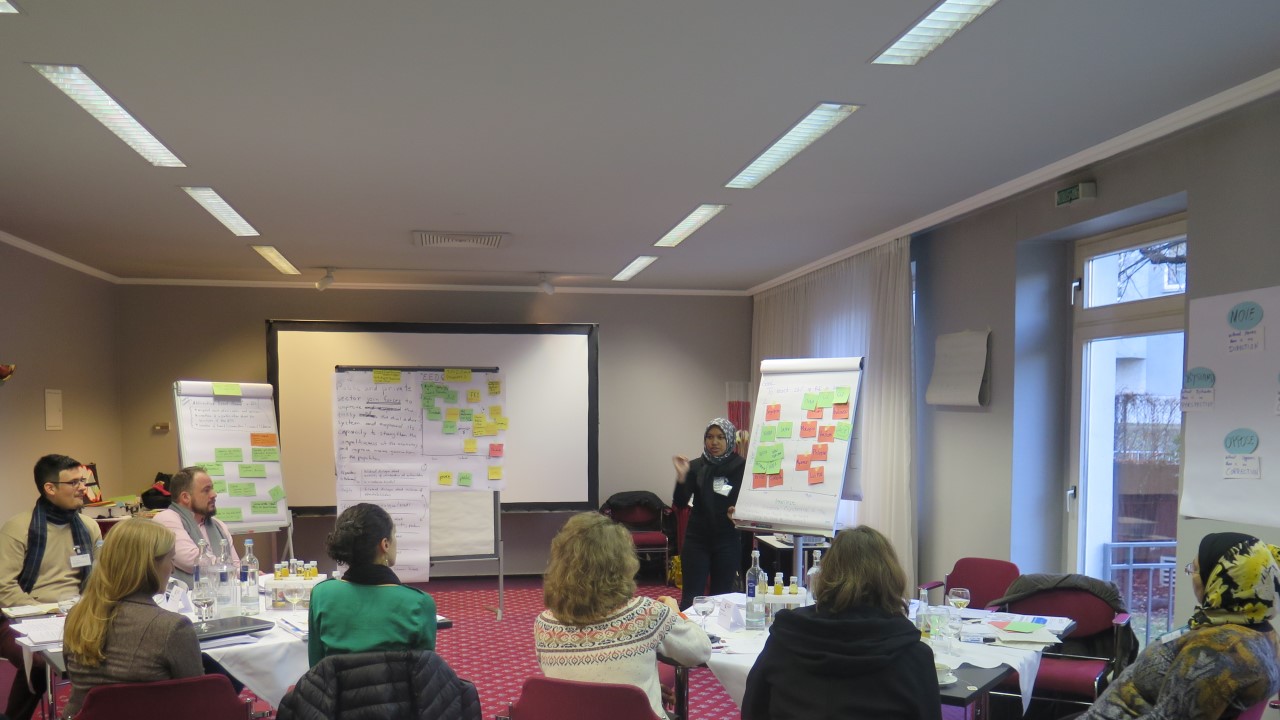Menu

The ASEAN Economic Community (AEC) launched in 2015 calls for a well-connected ASEAN to establish an integrated, competitive and resilient region. Stakeholder collaboration is becoming more central for the region to achieve the goal. Energy, as one of the key sectors in AEC, is supporting the vision. Through the ASEAN Plan of Action for Energy Cooperation (APAEC) 2016-2025, ASEAN plans to broaden and deepen collaboration with all stakeholders, within the region or beyond. The collaboration with ASEAN’s dialogue partners (DPs), international organisations (IOs), academic institutions and the business sector will be stepped up to benefit from their expertise and enhance capacity building in the region.

To gain the skills for better collaboration, the ASEAN Centre for Energy (ACE) sent two of its staff to participate in the training ‘the Art of Stakeholder Collaboration’ in Berlin, Germany, on 22-25 November 2016. ACE’s participation was supported by the Renewable Energy Support Programme for ASEAN (ASEAN-RESP), a joint project by ACE and GIZ, on behalf of the German Federal Ministry for Economic Cooperation and Development (BMZ). Together with the Principal Advisor of ASEAN-RESP (GIZ), ACE staff learned the exercise of managing stakeholder collaboration using case studies, under the guideline of certified facilitators from the Collective Leadership Institute (CLI). CLI is an independent non-profit organisation based in Potsdam (Germany) and Cape Town (South Africa), that supports stakeholders from the private sector, the public sector and civil society, in creating and implementing collaborative change initiatives for innovative and sustainable solutions to global, local and societal challenges.

In this four-day training, participants learned the Stakeholder Dialogues as a methodology for designing and implementing consultation and cooperation in complex change processes that require different interest groups to be included and integrated. Stakeholder Dialogues lead to concrete results and can be more easily implemented because all stakeholders are involved, which brings to a higher degree of ownership in the project. In line with the spirit of ASEAN that puts dialogue and collaboration as high priority, this training brings significant skills and knowledge that would enable ACE to enhance the collaboration with all stakeholders in the region. (BS)

